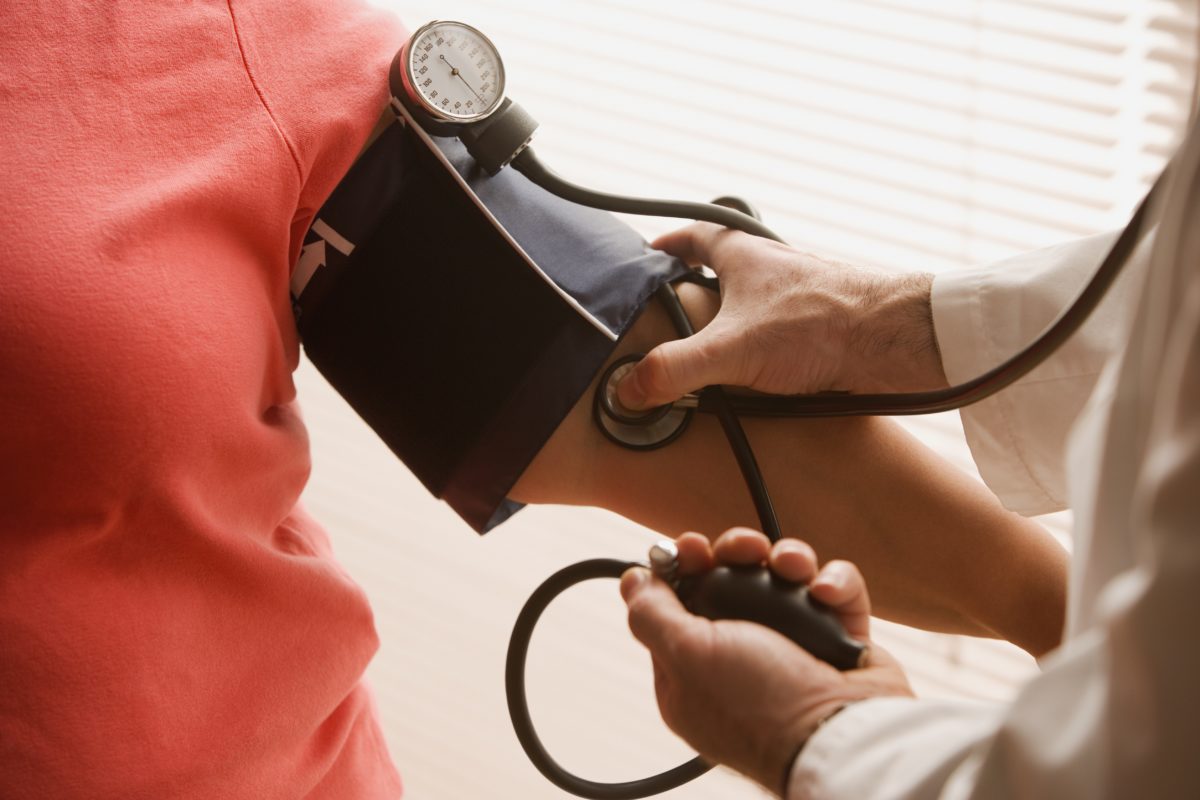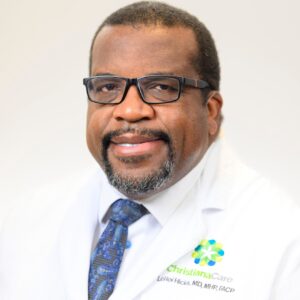One in every three American adults has hypertension, commonly known as high blood pressure. This condition greatly increases the risk for heart attack and stroke and is often the first marker of these serious health problems – and an indicator of overall health.
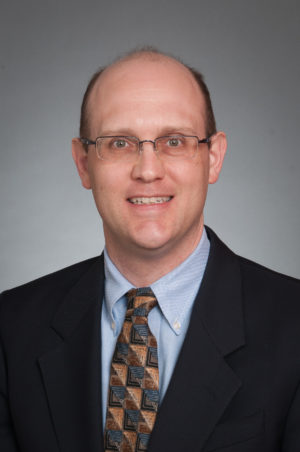
To improve high blood pressure treatment, ChristianaCare is making a system-wide effort to educate all medical offices to take the time to get accurate blood pressure measurements and talk with patients whose numbers are elevated.
A Hypertension Integrated Practice Team, led by cardiologist Roger Kerzner, M.D., FACC, is coordinating the effort.
The Hypertension Integrated Practice Team chose a blood pressure of less than 130/80 as the standardized goal for treatment in most patients.
It’s about education and accuracy
“Standardization around taking a blood pressure measurement seems simple, but it’s not that clear,” said Lisa Maxwell, M.D., MHCDS, chief learning officer for ChristianaCare.
Taking an accurate blood pressure measurement is more than applying a blood pressure cuff – proper form includes making sure the patient’s feet are flat on the floor and allowing the patient to relax for five minutes before taking the measurement.
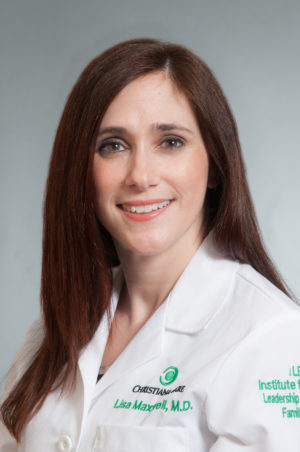
“The main focus is on taking blood pressures correctly and taking an action when it is not at goal,” said Dr. Maxwell.
“If you take it and it’s elevated beyond the goal, we’d like providers to always do something, such as retake it, schedule a follow up, track it, change medications or implement lifestyle changes,” she said. “The key is to always act on blood pressure when it’s not at goal.
“It’s a population health strategy,” said Dr. Maxwell. “Physicians, no matter what organ system they may be treating, should be concerned about blood pressure. It is a shared responsibility of all physicians.”
Dr. Maxwell would like to see patients be their own advocates as well, to partner with their doctors and say, “I have a goal blood pressure,” and express concern if it is elevated.
In addition to education in the health care provider’s office, the health system’s digital platform Healthwise helps patients learn the steps to get an accurate blood pressure reading.
Getting results
“Just over a year into our care standardization initiative, we have seen some remarkable results by making a deliberate effort to get a true blood pressure reading,” said Shirelle Handshaw, MHSA, co-lead of the Hypertension Integrated Practice Team.
By implementing proper measurement techniques and a blood pressure management and treatment program, the numbers in the Christiana Care Cardiology Consultants practice decreased from an average of 152/88 to 130/78 in just six months.
“This is just the beginning,” said Dr. Maxwell. “We’re engaging around every individual’s health, not just disease. If we can keep your blood pressure stable, maybe we won’t have to treat you for heart disease or stroke.”
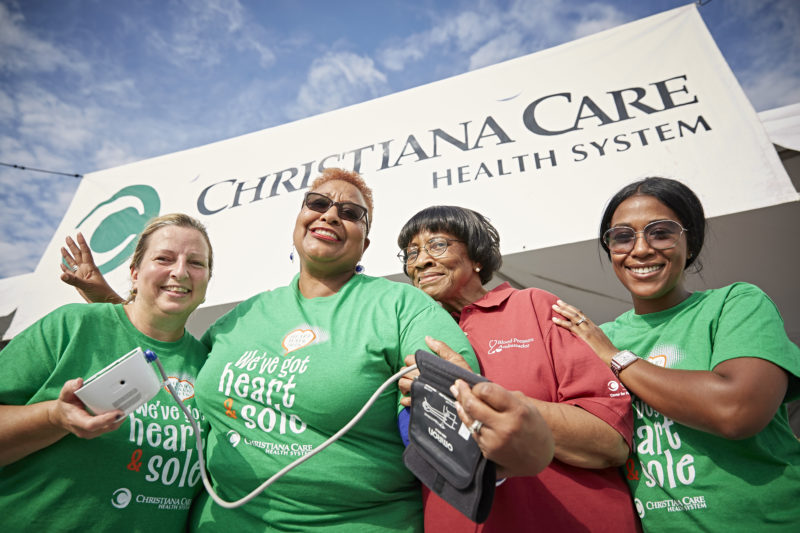
Concern for blood pressure extends to the community
Beyond the walls of the health system, ChristianaCare is working closely with community health partners to capture accurate blood pressures.
“By understanding differences in health among populations and breaking down barriers to care, we can make a real difference in our community,” said Dr. Kerzner. “By focusing on hypertension, we can identify health problems before they start or worsen.”
Standardizing care helps personalize the patient experience while creating efficiencies and equalizing care, he said.
The Barbershop Project
A new community initiative called the Barbershop Project will bring ChristianaCare Blood Pressure Ambassadors – members of the community specially trained in blood pressure readings and education – into identified local barbershops.
In the barbershop setting, the men are relaxed, a key factor in an accurate blood pressure reading.
“The idea is to work with shop owners and identify men who are in need of help with blood pressure management and connect them with primary care physicians if needed,” said Mia Papas, Ph.D., MS, corporate director of ChristianaCare’s Value Institute. The Value Institute partners with health care providers to improve quality and enhance health in the community, while reducing costs.
The Barbershop Project will launch in February, to coincide with the American Heart Association’s Heart Month, and will pilot in four barbershops in the community.
“This effort is exciting and represents radical convenience, framing how we can provide the right care in the right place by making sure we’re there in the community when and where they need us,” said Papas.
